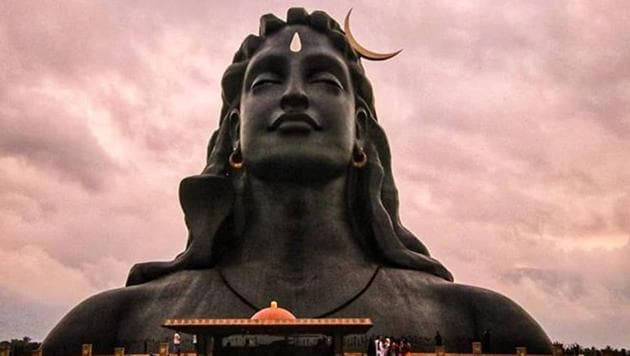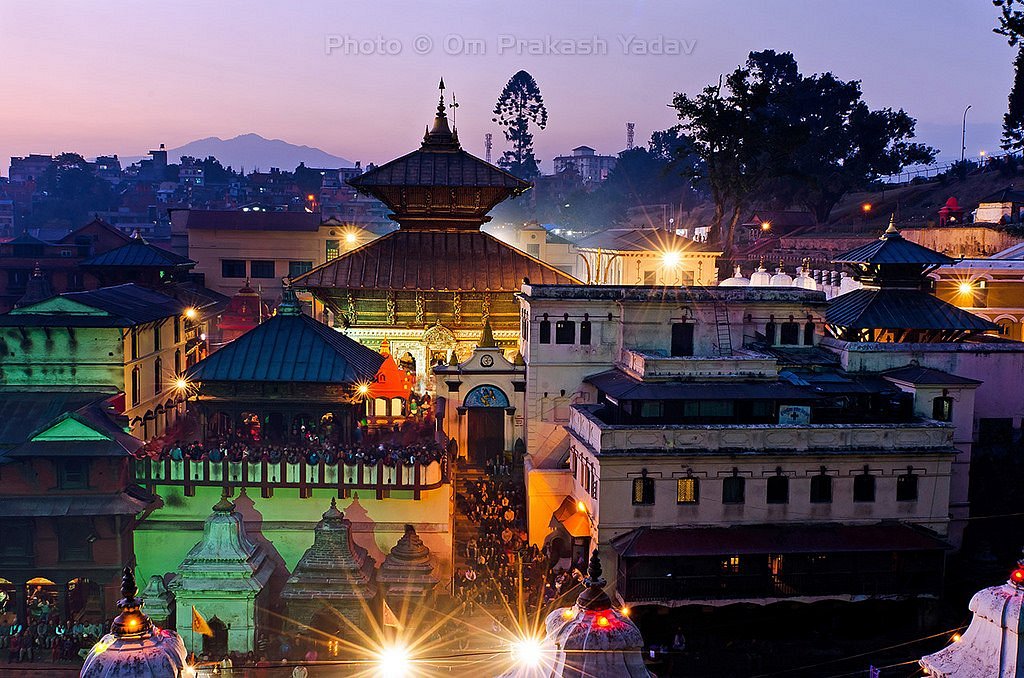Essay On Maha Shivaratri:
Maha Shivaratri, also known as "The Great Night of Shiva," is a Hindu festival celebrated annually in honor of Lord Shiva, one of the major deities in Hinduism. This festival is observed on the 14th day of the dark fortnight in the Hindu month of Phalguna or Maagha, which usually falls in the months of February or March according to the Gregorian calendar.
Maha Shivaratri is a significant festival for Hindus as it signifies the convergence of Shiva and Shakti, the male and female energies of the universe, and the celebration of their divine union. According to Hindu mythology, it is believed that Lord Shiva performs the Tandava dance on this auspicious night, which symbolizes the cosmic cycles of creation and destruction, and also signifies the transformation of the universe.
The festival is observed by Hindus in different ways, depending on the region and tradition. Some observe a strict fast on this day and stay awake all night, while others offer prayers and perform rituals to Lord Shiva. Devotees visit Shiva temples, where they perform abhishekam or the ceremonial bathing of the Shiva Linga with milk, honey, and water, and offer flowers, fruits, and bael leaves to the deity. Many also chant mantras and hymns dedicated to Lord Shiva, such as the Maha Mrityunjaya Mantra and the Rudram Chamakam.
One of the most popular stories associated with Maha Shivaratri is that of the churning of the ocean, or the Samudra Manthan, as described in Hindu mythology. According to the legend, the gods and demons churned the ocean to obtain Amrita, the elixir of immortality. During the process, a deadly poison emerged from the ocean, which threatened to destroy the universe. Lord Shiva, out of compassion, drank the poison and held it in his throat, which turned blue. This is why he is also known as Neelakantha or the blue-throated one.
Maha Shivaratri is a festival that not only celebrates the divine power of Lord Shiva but also serves as a reminder of the importance of self-discipline, devotion, and compassion. It is a time to let go of our negative tendencies and cultivate a sense of harmony and balance in our lives. The festival also symbolizes the triumph of good over evil, as Lord Shiva represents the ultimate source of wisdom and goodness.
In conclusion, Maha Shivaratri is a significant festival in Hinduism that celebrates the divine power of Lord Shiva and the union of the male and female energies of the universe. It is a time for self-reflection, devotion, and spiritual rejuvenation, and a reminder of the importance of compassion, discipline, and harmony in our lives. The festival serves as a source of inspiration and hope for Hindus around the world, who continue to honor and celebrate the legacy of Lord Shiva and his teachings.
Thanks You!!








No comments:
Post a Comment
Thanks you!!